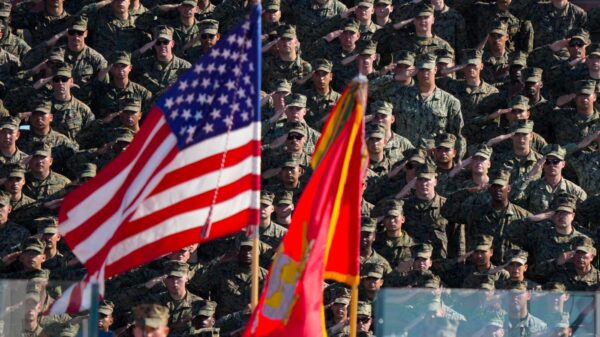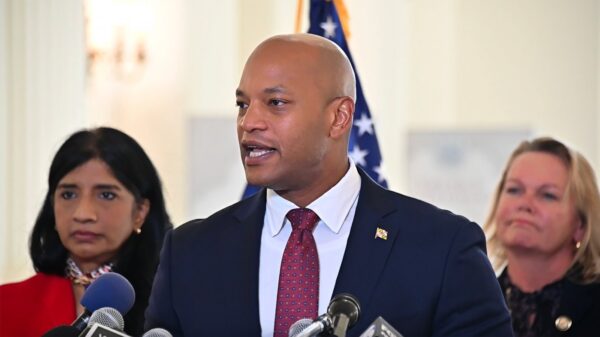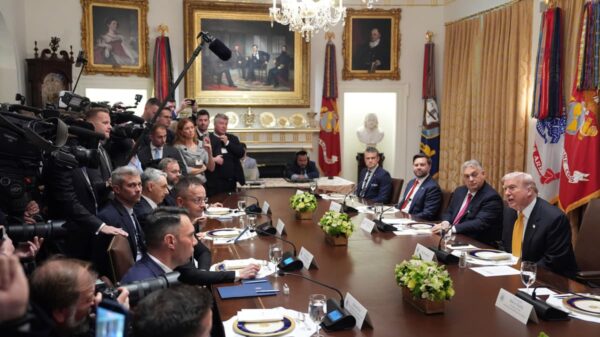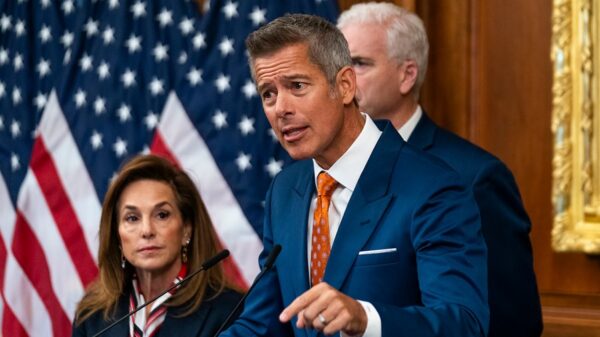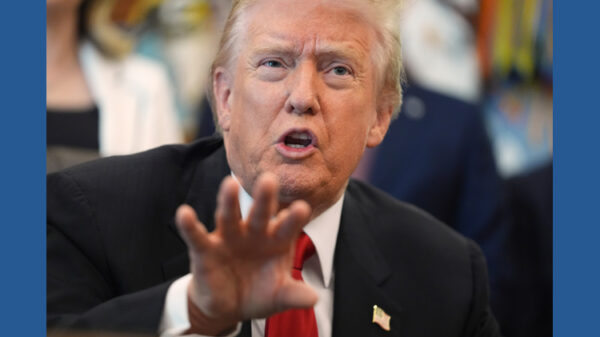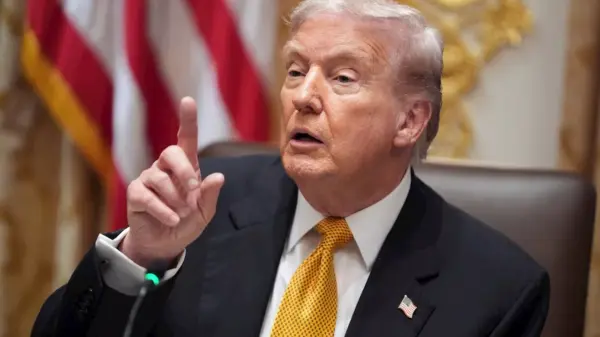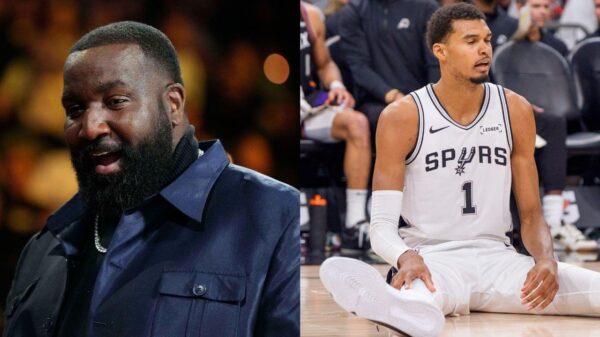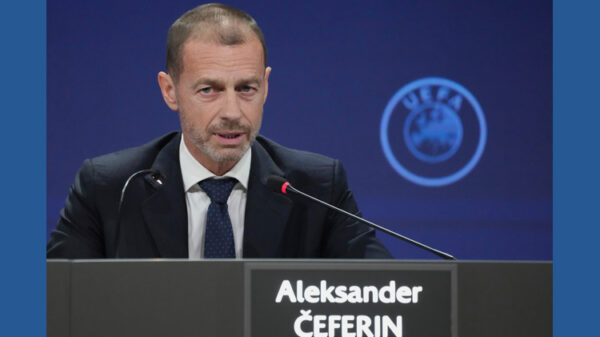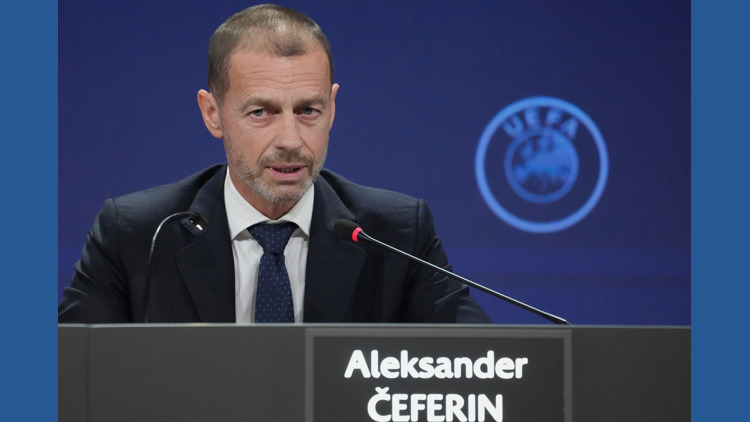Plans are underway for significant changes to the qualifying processes for the FIFA World Cup and UEFA European Championship. UEFA announced that details will be disclosed within the next six months, although the organization has ruled out adopting a Champions League-style format for national team qualifiers. This announcement was made by UEFA President Aleksander Ceferin during a Football Business Forum held in Milan.
The recent revamp of the Champions League, which transitioned to a single-standings, 36-team league, has drawn attention for its unpredictability. Last year’s format led to surprising outcomes, including the eventual champions, Paris Saint-Germain, and Manchester City, facing potential elimination in the final rounds. When asked if a similar approach could be applied to national team qualifying, Ceferin responded decisively, stating, “No.”
Ceferin provided further context regarding the timeline for the new plans, indicating, “I would say in around six months we should know.” This comment comes amid ongoing speculation about UEFA’s intentions, particularly following hints made by Ceferin at a conference in Lisbon a month prior.
The current qualification for the 2026 World Cup, which concludes this month, features European nations competing in round-robin groups of four or five teams, each playing their opponents twice. However, this year’s qualification process has drawn criticism due to a lack of compelling matches. Notably, Austria recorded a staggering 10-0 victory over San Marino, while France triumphed 14-0 against Gibraltar in a Euro 2024 qualifier two years ago.
“It’s too early to say anything concrete and I even don’t know because we have two options; we are not sure yet what to do,” Ceferin remarked. He posed a critical question regarding the validity of such lopsided scores, asking if it makes sense for smaller nations to face overwhelming odds against more established teams. He expressed a desire to find a balance that allows these nations to have a better chance of competing in major tournaments.
UEFA has implemented the third-tier Nations League to provide opportunities for lower-ranked teams to qualify for the men’s Euros. Notable examples include North Macedonia at Euro 2020 and Georgia at Euro 2024, both of which exceeded expectations. Georgia, in particular, emerged as one of the most exciting teams during the group stage before being eliminated by the eventual champions, Spain, in the round of 16.
As UEFA moves forward with these discussions, the focus remains on enhancing competitive balance and maintaining fan engagement in European football. The upcoming announcement is anticipated to clarify the direction UEFA will take in refining its qualification processes for national teams in future tournaments.



